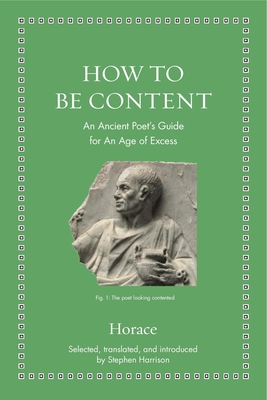What do you think?
Rate this book


256 pages, Kindle Edition
First published January 1, 2020
WhetherAnd that's where the famous phrase carpe diem (seize the day) comes from.
Jupiter has given you further winters
Or this one is your last, which is now
wearing out the Tyrrhenian sea
With pebbles in its path, be wise, strain
your wine and cut back
Long-springing hope within a small
space: as we speak, time the envious
Will have fled away. Harvest the present
day, trust minimally in the next.